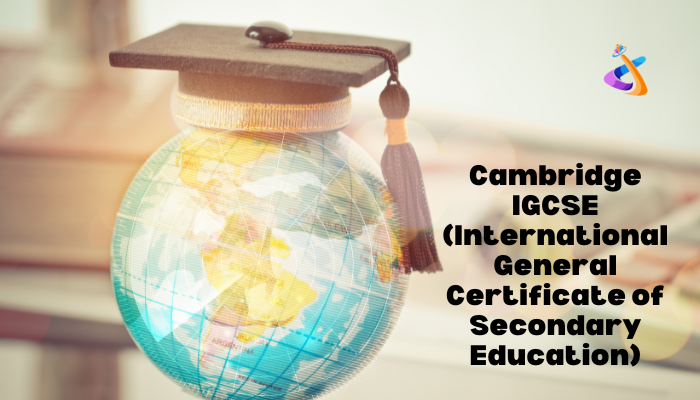
Cambridge IGCSE
Cambridge IGCSE (International General Certificate of Secondary Education) is a globally recognized qualification for secondary education.Cambridge IGCSE subjects are grouped into five main categories:
Languages: English (First Language, Second Language, and Literature), modern and classical languages such as French, Spanish, German, etc.
Sciences: Biology, Chemistry, Physics, Environmental Management, and Computer Science.
Humanities and Social Sciences: Geography, History, Business Studies, Economics, and Global Perspectives.
Creative, Technical, and Vocational: Art and Design, Music, Physical Education, and Information and Communication Technology (ICT).
Mathematics and Co-Ordinated Sciences: Mathematics, and Additional Mathematics.
Subjects within each group are designed to offer a broad and balanced education, while also allowing students to specialize in areas of particular interest. Students can choose subjects from different groups to create a customized study program that meets their individual needs and goals.
Subject Selection:
Cambridge IGCSE allows students to choose from a wide range of subjects and create a personalized study program. The number of subjects that a student can take depends on the specific school, but most schools offer a selection of at least 5 to 14 subjects. It is important for students to select subjects that match their interests and future career goals.
ICE (International Certificate of Education) is a program offered by Cambridge Assessment International Education. It is a combination of subjects from the Cambridge IGCSE (International General Certificate of Secondary Education) syllabus and is designed for students who want to demonstrate a broad range of knowledge and skills.
The ICE certificate requires a minimum of seven subjects, including at least two subjects from each of the following groups:
Languages: English (First Language, Second Language, and Literature), modern and classical languages such as French, Spanish, German, etc.
Sciences: Biology, Chemistry, Physics, Environmental Management, and Computer Science.
Humanities and Social Sciences: Geography, History, Business Studies, Economics, and Global Perspectives.
Creative, Technical, and Vocational: Art and Design, Music, Physical Education, and Information and Communication Technology (ICT).
Mathematics and Co-Ordinated Sciences: Mathematics, and Additional Mathematics.
Earning the ICE certificate provides students with a broad-based education and recognition from universities and employers around the world. It is a way for students to demonstrate a well-rounded education and showcase their skills and knowledge in a variety of subject areas.
Benefits:
It is recognized by universities and employers around the world. Offers a broad curriculum covering a range of subjects including languages, sciences, humanities, and technical subjects. Encourages students to develop important skills like critical thinking, problem-solving, and effective communication. Offers a flexible structure allowing students to choose subjects that suit their interests and strengths.
Social Share

Cidentify
Choices are the right way to achieve success in a career. We enable you to make the right choices and achieve success to
- Identify your potential, skills and interests
- Plan your future and make a roadmap
- Develop your skills
- Track your plan and roadmap
- Retain your preparations and hit your target

There is no comment yet.